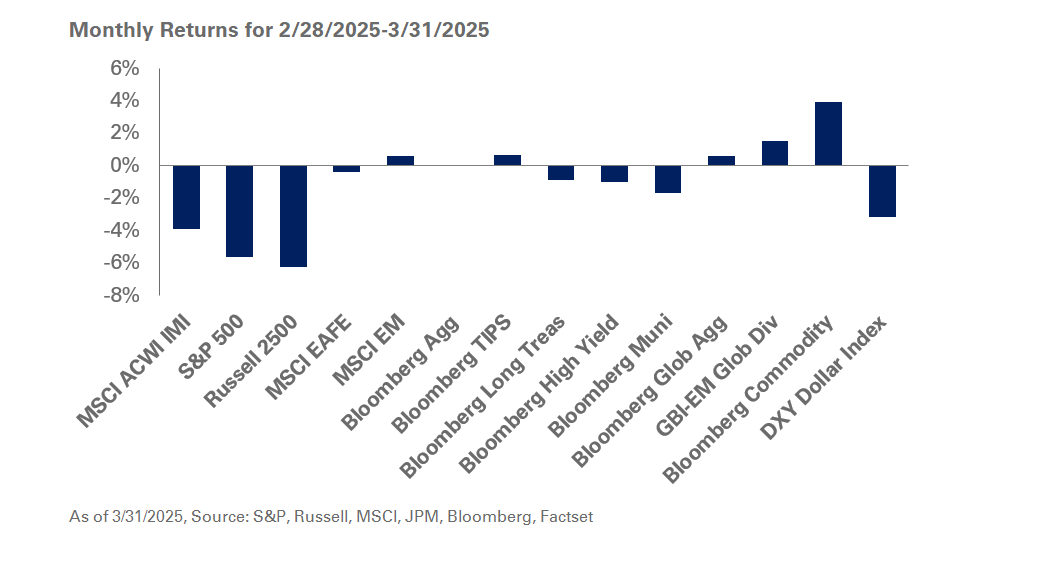In this third installment of a series on private markets, we highlight the challenges facing this asset class and outline approaches to navigate these tricky times.
We have a message for investors balking at the unrest reigning over private markets today: Historically, some of the most lucrative returns have been generated in vintage years marked by the current market dynamics.
Volatility brings with it opportunities and the highest illiquidity premiums are generated when capital is deployed during times such as these. Asset managers will invest today’s committed capital at more attractive valuations, likely benefiting from the market stress. While the tumult can spook investors, it is imperative they stand their ground so they can benefit from these opportunities. It is equally vital investors partner with an advocate to guide them through the decision making process as manager selection is paramount in this challenging environment. Enter: NEPC.
At NEPC, we are implementing a framework to help clients manage their private market programs through the current volatility, so they can benefit from the illiquidity premiums on offer without compromising their liquidity needs. We encourage meeting with your NEPC consultant to discuss the investment potential in private markets today. At our end, we are watching the following opportunities closely:
1. LIMITED-ACCESS HIGH-QUALITY GENERAL PARTNERS (GPs)
We are actively leveraging our strong brand and network to access capacity in limited access high-quality GPs that may materialize as some liquidity-strapped Limited Partners (LPs) reduce commitments next year and beyond. As some LPs grapple with liquidity constraints, they may need to make difficult choices and step away from GP commitments in 2023. This dynamic is most likely to occur in the often difficult-to-access venture capital space; we are also engaging with our top buyout, private debt and real estate GPs to opportunistically gain access for our clients.
2. MANAGER SELECTION
In times like these, not only are illiquidity premiums higher, but also manager dispersion is historically wider. We observe that vintage year funds raised during and directly after a recession demonstrated, on average, 25% greater dispersion between top and bottom quartile funds. It is imperative to work with your NEPC team to commit capital to top-tier GPs.
3. SECONDARIES
As LPs and GPs grapple with reduced liquidity, we expect opportunities in secondary transactions in private markets. We are intently watching the discount to net asset values on offer, transaction volume, and the return-risk and cash flow profile of secondaries. The secondary market discount to buyout NAVs reached high single-digits this year, while venture discounts are more compelling at nearly 30%. We expect secondary transaction volume to increase in 2023 as GPs and LPs take steps to manage their liquidity. Secondary investments could play an important role in LP portfolios due to the attractive entry point, the need for buyers, and the attractive return-risk and cash flow profiles of these funds. Secondaries mitigate the J-curve experience through direct-fund investments and tend to have a narrower distribution of outcomes, which can be very useful from a portfolio construction standpoint. We advocate patience while investing in secondaries as the opportunity can unfold over a number of years following a market downturn.
4. PRIVATE DEBT
Private debt strategies fill a financing gap for companies who cannot or choose not to borrow from traditional lenders such as banks. Most income-oriented strategies consist of floating-rate loans, which can be potentially challenging for borrowers as costs rise with higher interest rates. Current private debt investments will experience stress in the near term as a result of rising default rates and mark downs. We are advising clients to invest in income-oriented and total-return strategies such as distressed debt. Income-oriented strategies should benefit from an increase in rates. Within total-return strategies, we are focused on approaches that can invest across the capital structure, opportunistically capturing traditional market dislocations while maintaining the ability to directly originate or participate in secondary markets. In addition, we are recommending strategies with dedicated workout resources and experience. Contact your NEPC consultant to discuss the best approach for your institution’s return and risk profile, and only allocate to top-tier GPs.
5. REAL ESTATE
The uptick in interest rates is fueling higher debt financing costs and pressuring asset values due to the expected rise in cap rates. We are particularly focused on managers with broad opportunistic mandates and an ability to tactically invest across the capital structure and across property types, pursuing distressed opportunities as they arise. Real estate credit strategies should be well-positioned to take advantage of higher interest rates and a pullback in lending activity from some traditional debt providers.
6. REAL ASSETS
Within real assets, renewable energy, energy transition and related infrastructure assets continue to benefit from secular tailwinds. In particular, we are evaluating renewable power generation strategies as well as strategies seeking to capitalize on a need for additional power storage and transmission capacity. We also expect the metals and mining space to be buoyed by this energy transition and the global shift away from traditional energy sources and gasoline-powered vehicles. Renewable energy sources and the batteries that power electric cars require significantly more copper, nickel, zinc and lithium. Despite these demand drivers, there has been limited discovery of new mines and capital expenditure in the space has shrunk in recent years, creating a supply and demand imbalance that will lead to attractive investment opportunities.
We suggest proactively meeting with your NEPC consultant to discuss these opportunities in greater detail. We believe it is important to be cognizant of market conditions, but we encourage investors to not attempt to time their private market investments. We advocate ensuring your overall investment pool has the appropriate asset allocation to necessary liquid funding sources to meet capital calls and spending requirements. Please reach out to your NEPC consultant to discuss your private markets portfolio and for any questions you may have.
Josh Beers, Head of Private Equity Investments; Oliver Fadly, Head of Private Debt Investments; and Matt Ritter, Head of Real Assets Investments contributed to this piece.



